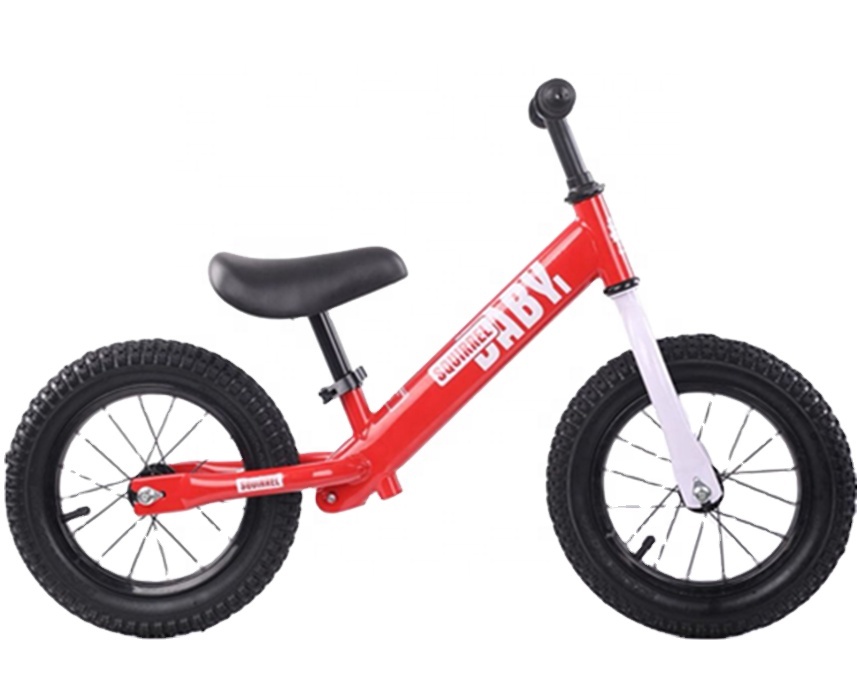Are Baby Walkers Beneficial or Harmful for Infant Development and Safety
Baby Walkers Good or Bad?
When it comes to the development and safety of infants, parents are often inundated with advice, suggestions, and recommendations. One product that evokes strong opinions is the baby walker. While some parents swear by them as a tool for helping babies learn to walk, others are staunchly against their use, citing safety concerns and developmental issues. This article delves into the advantages and disadvantages of baby walkers and offers guidance for parents considering their use.
The Case for Baby Walkers
Proponents of baby walkers argue that they can provide several benefits to developing infants. One of the primary advantages is that baby walkers can enhance mobility. Many babies are eager to explore their surroundings, and a baby walker allows them to move around more freely and safely. Parents may appreciate how walkers can provide a controlled environment for their child to practice standing and walking while also enjoying the independence that comes from being mobile.
In addition to mobility, baby walkers can also promote physical strength and coordination. Sitting in a walker can help strengthen the muscles required for walking. Babies can push themselves along and gain confidence in their ability to move. Furthermore, many baby walkers come equipped with toys and interactive features that can stimulate a baby's cognitive development, aiding in their overall growth.
The Concerns Surrounding Baby Walkers
Despite the benefits, there is a growing body of evidence suggesting that baby walkers can be harmful. One major concern is that they may increase the risk of accidents and injuries. According to the American Academy of Pediatrics (AAP), baby walkers can lead to severe injuries when babies roll down steps or reach dangerous situations that they would not otherwise encounter while crawling or walking. Numerous studies have documented increasing rates of emergency room visits related to baby walker accidents.
Additionally, there are developmental concerns associated with baby walkers. Some experts argue that walkers can encourage babies to walk incorrectly, which might lead to a delay in walking skills. When placed in a walker, a baby’s feet are often positioned differently than they would be while learning to walk naturally, potentially affecting their balance and motor skills. Moreover, relying on walkers may curb the natural inclination to crawl, which is an essential precursor to walking.
Guidelines for Parents
baby walkers good or bad company

For parents considering the use of baby walkers, it is crucial to weigh the pros and cons carefully
. However, if they choose to use one, there are several safety guidelines to follow to minimize the risks associated with walkers1. Supervision Always keep a close eye on your child when they are in a walker. Continuous supervision is essential to prevent accidents, especially in environments with stairs or other hazards.
2. Choose Safety Features Look for walkers with safety features such as wide bases that are difficult to tip over, and ensure that the walker is height adjustable so it can grow with your child.
3. Restricted Use Limit the time your baby spends in a walker. Use it only for short periods to encourage natural movement and avoid reliance on the device.
4. Create a Safe Environment Ensure that the area is free from obstacles, sharp edges, and stairs when allowing your baby to use the walker.
5. Consider Alternatives Explore other options for supporting your baby’s walking skills, such as push toys or encouraging them to walk while holding onto your hands. These methods can provide a safer, more developmentally appropriate way to enhance mobility.
Conclusion
In conclusion, whether baby walkers are good or bad is a complex issue. They can provide some benefits in terms of mobility and cognitive stimulation, but the risks associated with their use often overshadow these advantages. Parents must prioritize their child's safety and development when making decisions about baby walkers. Ultimately, fostering an environment that encourages crawling, standing, and walking naturally may be the best approach for helping infants learn to walk. It's essential to consult with pediatricians and consider expert advice while keeping your child's unique needs in mind.
-
Kids battery power car baby four-wheel off-road vehicle children electric toy carNewsMar.07,2025
-
New Hot Design Factory Wholesale Light Weight Small Folding Size Baby StrollerNewsMar.07,2025
-
2022 newest factory boys and girls powerful battery operated 4-wheel ride on electric carNewsMar.07,2025
-
2022 newest factory boys and girls powerful battery operated 4-wheel ride on electric carNewsMar.07,2025
-
Kids battery power car baby four-wheel off-road vehicle children electric toy carNewsMar.07,2025
-
toddler electric atvs manufacturerNewsMar.07,2025
